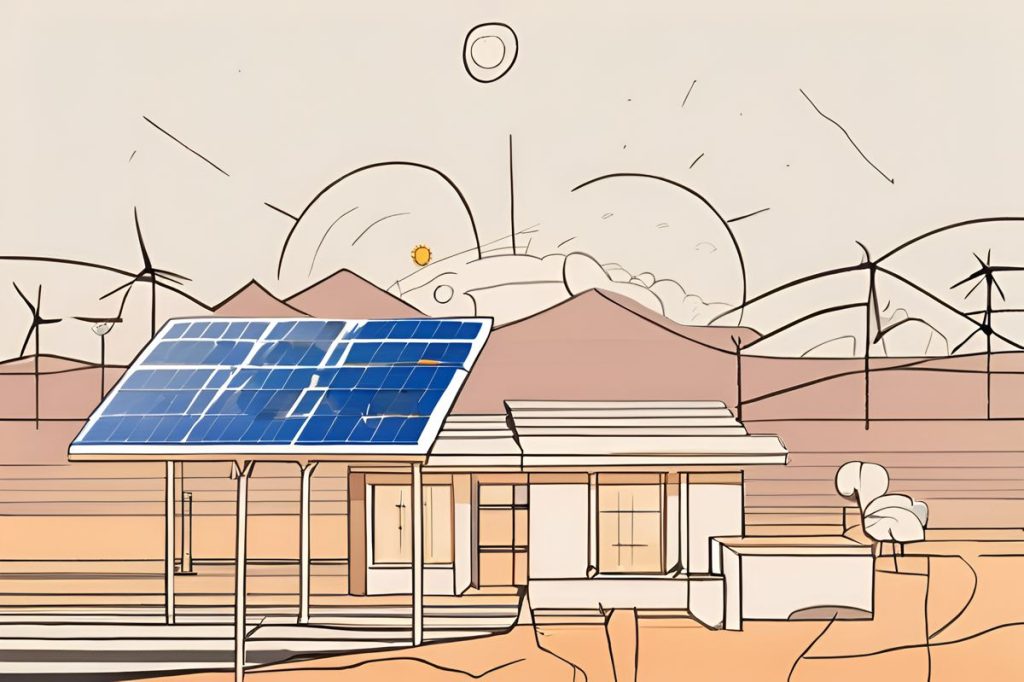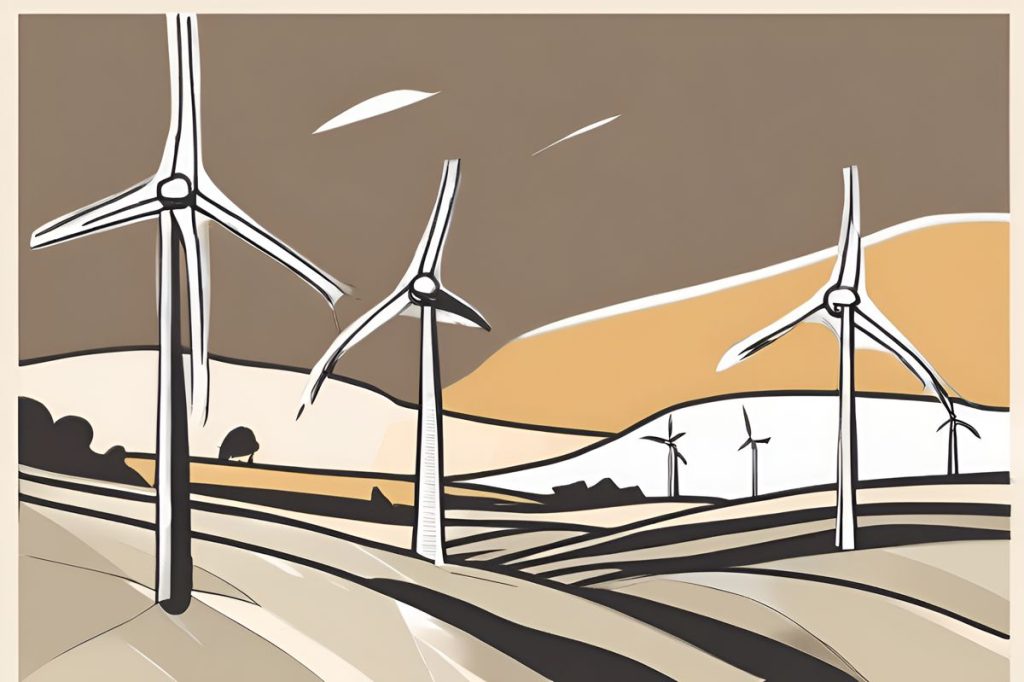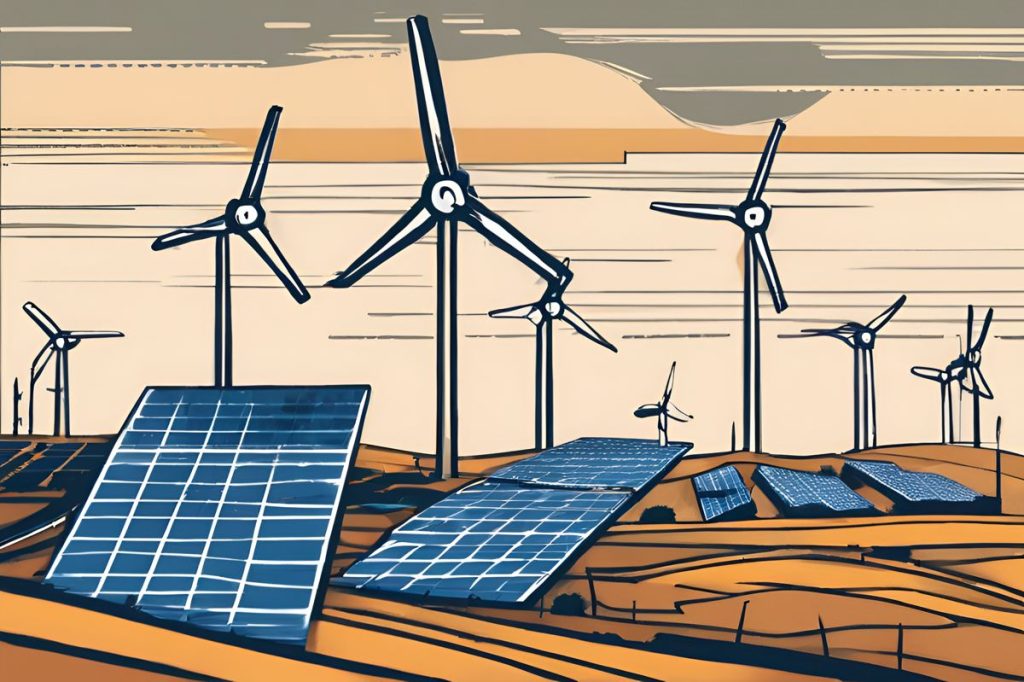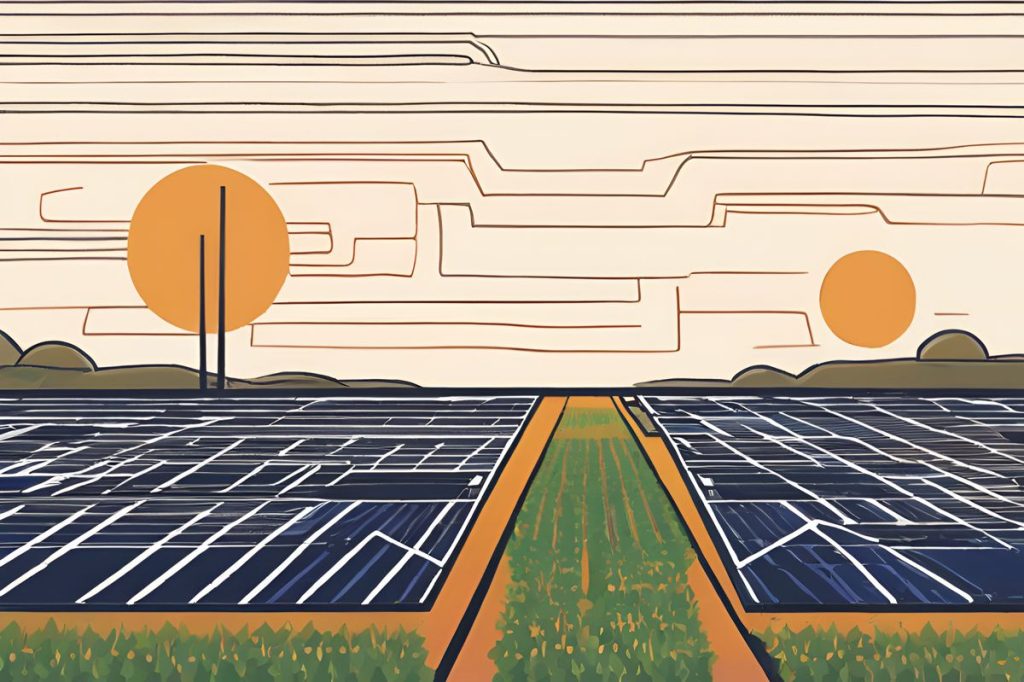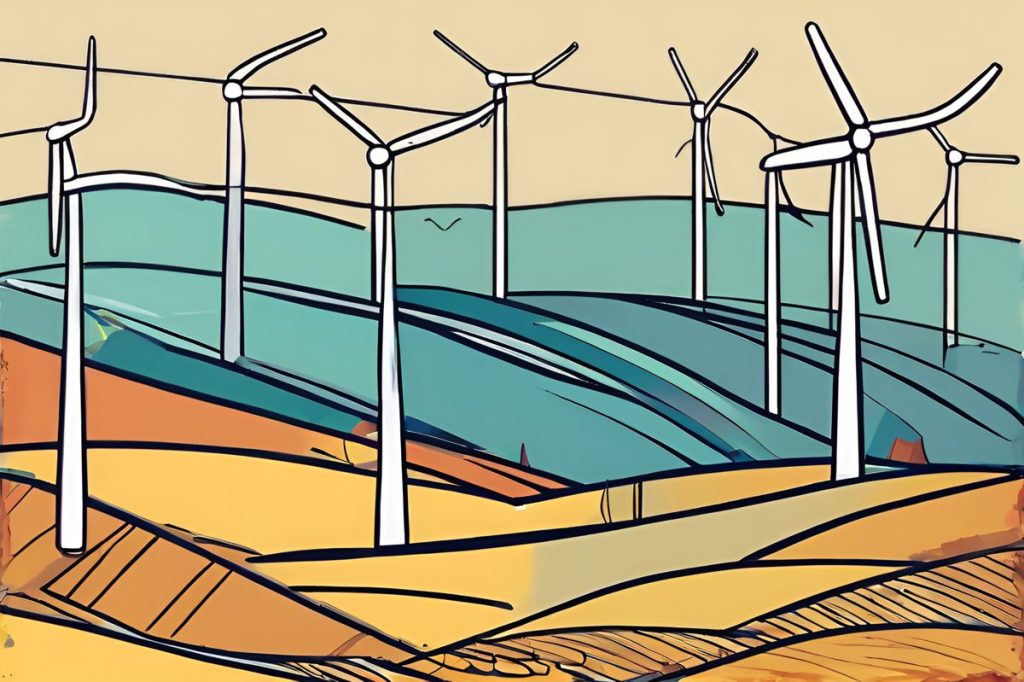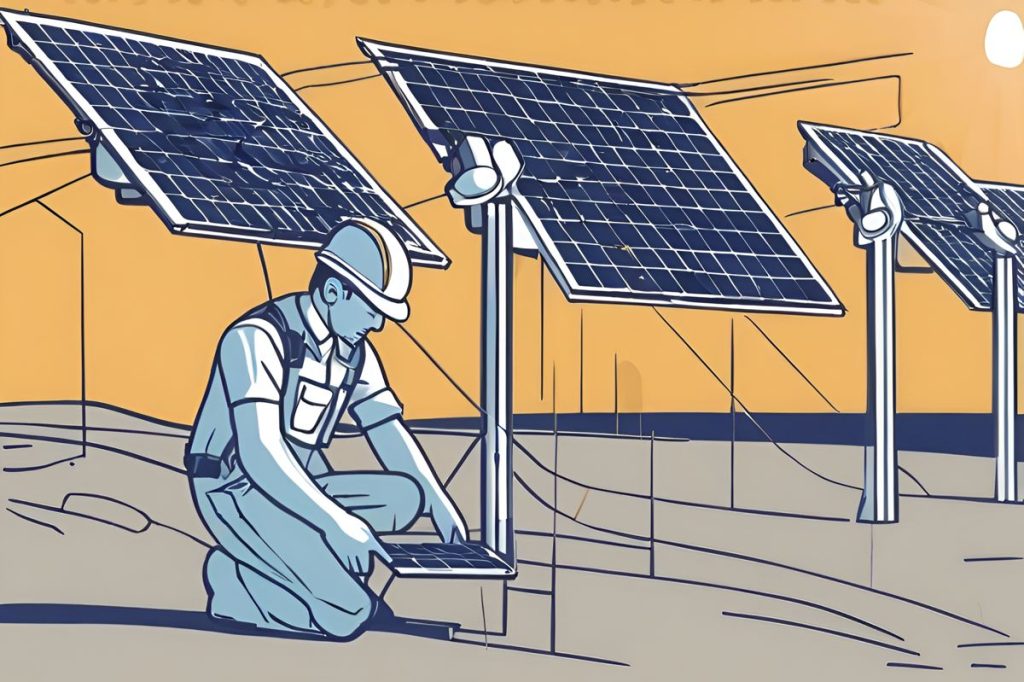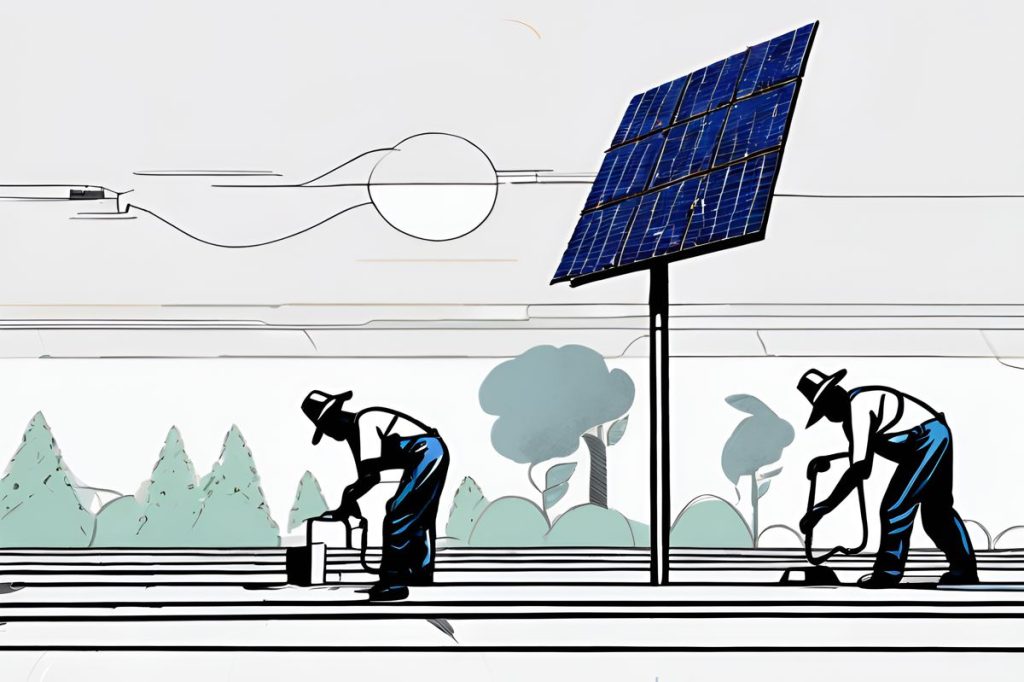Europe’s Energy Integration: The Great Sea Interconnector
The Great Sea Interconnector (GSI) is a key energy project connecting Cyprus and Crete, ending Cyprus’s electricity isolation. It plays a crucial role in balancing supply and demand, stabilizing electricity prices, and ensuring Europe reaches its 45% renewable energy target by 2030, enhancing energy security and economic efficiency.



